
Moving house can be daunting, but organisation is key. This moving day checklist will help you tick off all the essential tasks to consider before moving house so that you can feel relaxed and on top of things before the big day.
One of the first - and most crucial - steps before moving house is to declutter your home (a decluttering checklist can help here) and decide what you won't be taking to the new property. Terance Puna, general manager of leading London decluttering and moving first Gentleman & A Van Removals, says, “Sorting out your space and organizing storage before a move is cathartic and really helps streamline a move.”
Booking the time off to move and sourcing a removal van are the natural first steps, but there are plenty of other things to consider before moving day. Here are the 32 things you should always do before you move house
The things you should always do before you move house
Prepare your ‘to do’ list and folder

Terance Puna, general manager of Gentleman & A Van Removals suggests setting up a dedicated folder well in advance. She says, "From floorplans and inventories to helpful phone numbers and utility company details for both locations, having everything in one place alongside a task list will help you manage your move.
"List everything from researching parking restrictions to setting up a re-direction service, taking meter readings and organising utility services, and tick them off as you go. Give everything on the list a deadline and assign each task so everyone helping you know exactly who’s responsible for each job. Take the edge out of last-minute cleaning by organising an end-of-tenancy clean, too."
Book some time off work
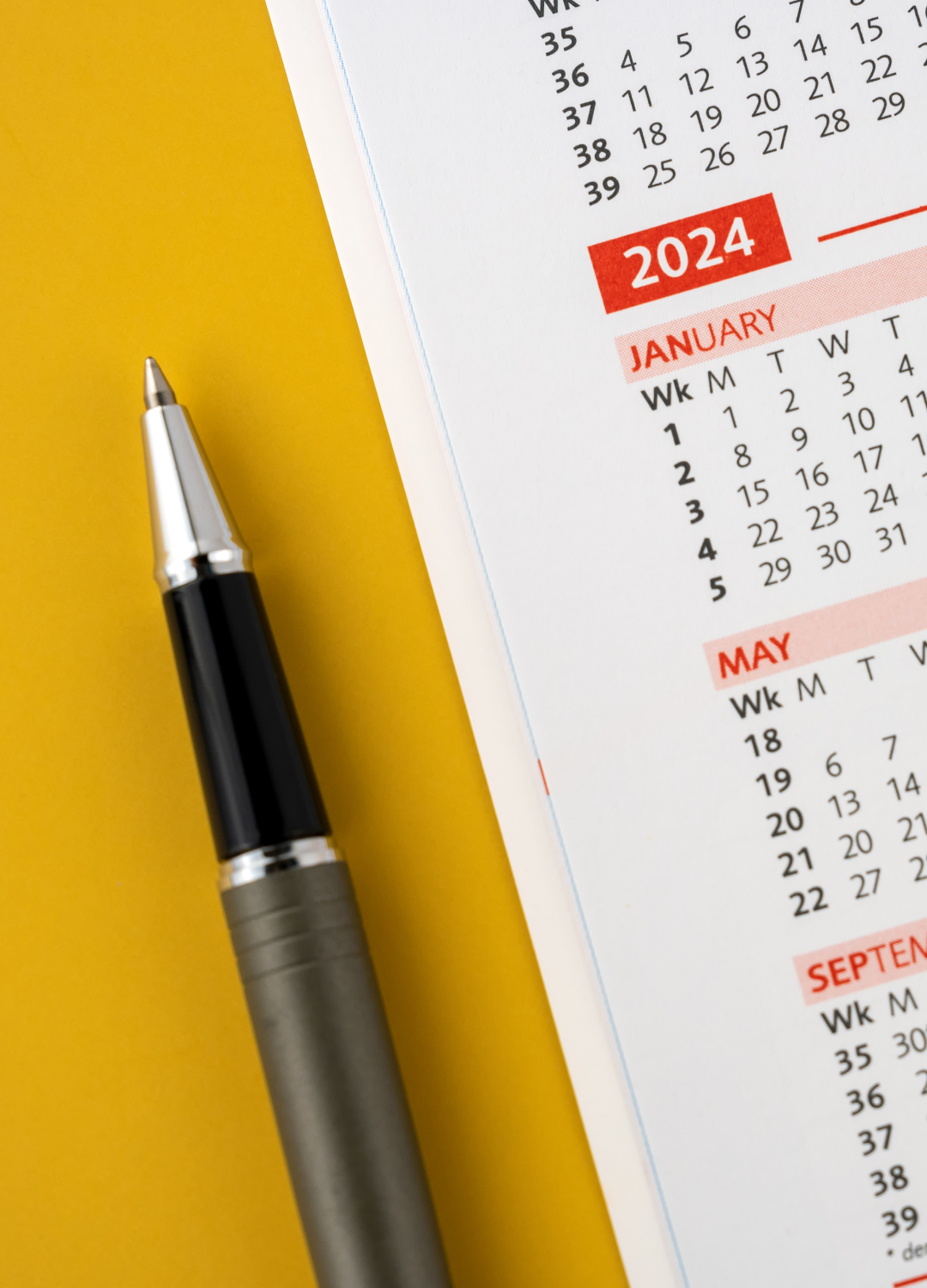
Moving day can be hectic and all-consuming, so you'll want to ensure you have the full day off (and potentially the day before or after if you want to keep stress levels down). With so many things to organise and think about, full focus is required, so make sure your out-of-office is on and notifications are off to prevent any slip-ups.
Enlist the help of friends and family
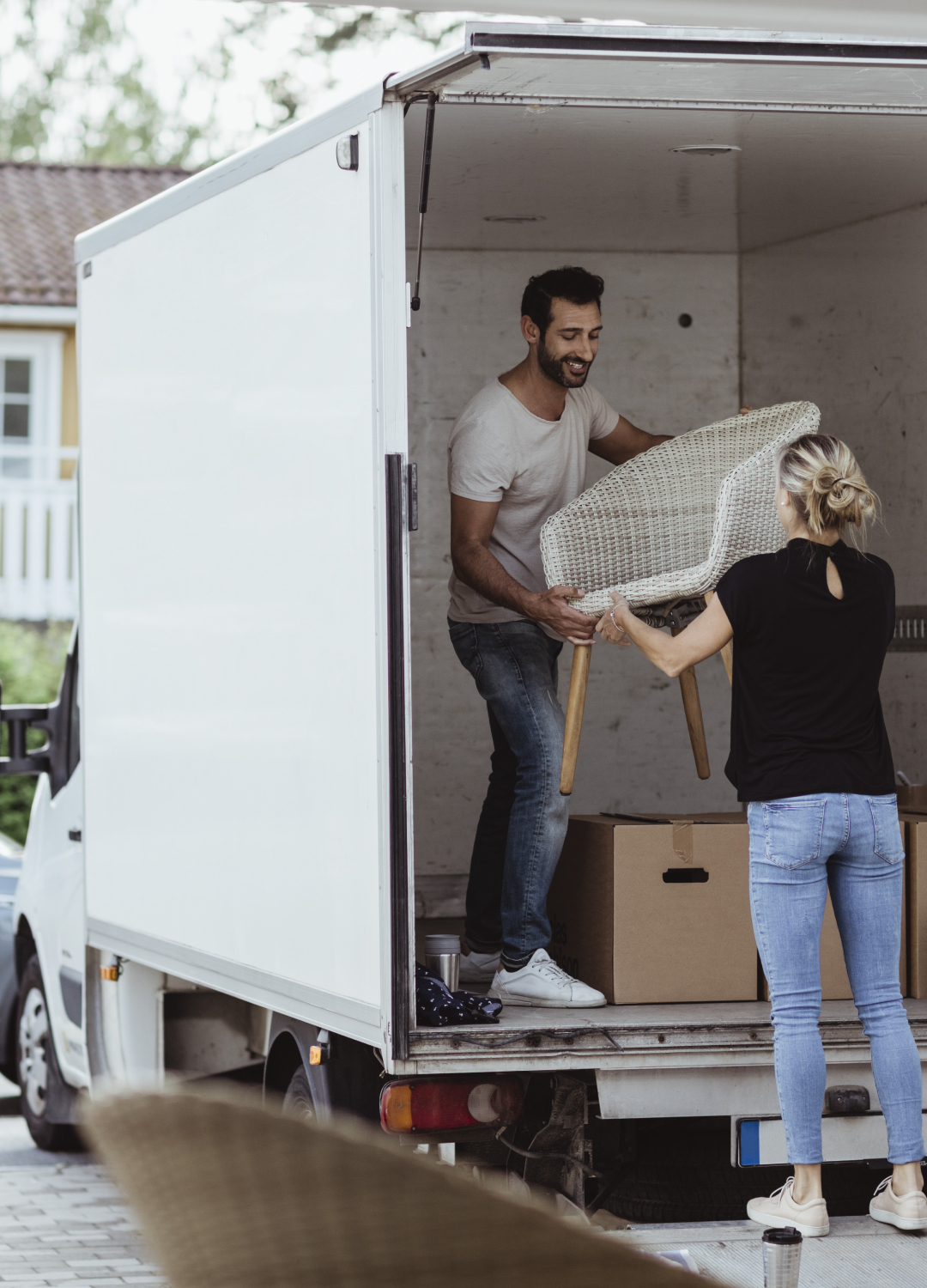
Moving can be an exciting experience for all involved, especially for parents who are settling children into a new home. You'll find friends and family are happy to help - just make sure you give them enough notice as it's likely to take a full day to move home and there will inevitably be some extra odd jobs that come up along the way.
Get to know the local community

Part of the fun of moving is getting to know a new area and making new connections. Once you're there, community boards are useful for classes and local groups. But if the place you're moving to is far away there are usually plenty of resources online, such as local Facebook pages and groups. It could be worth having a walk around the local area to identify coffee shops, parks and restaurants you'll want to visit in future.
Hire professionals
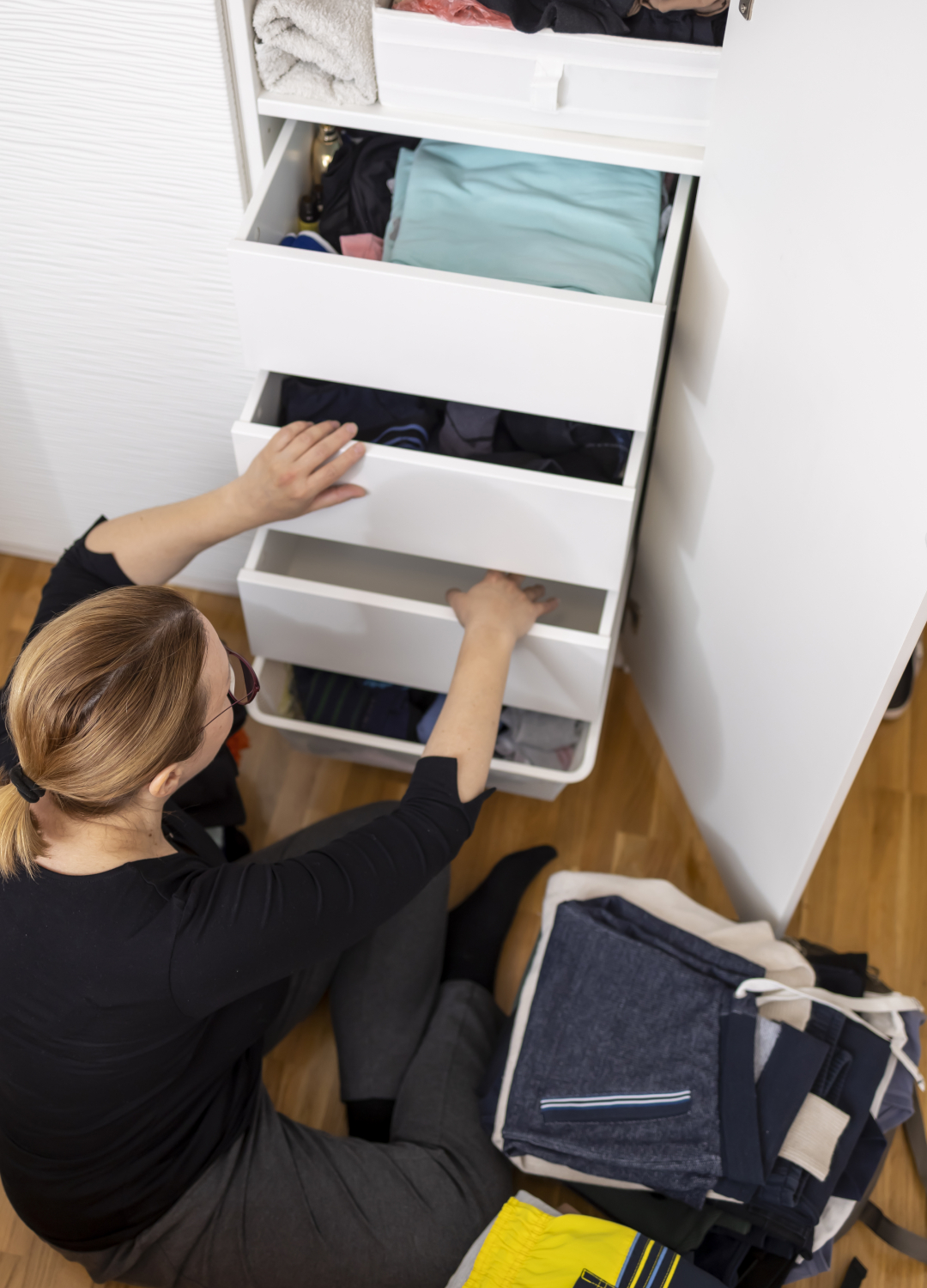
"Don’t cut costs with a DIY move - set your budget and get three quotes – it pays to have the peace of mind that the job will be done well," Terance Puna, general manager of Gentleman & A Van Removals, suggests. "Ask your friends and work colleagues for their recommendations too so you can feel confident in the service you’re booking." If you want to handle the move yourself, remember that you may need to hire a van or enlist multiple helpers to get all your possessions from A to B.
Separate fragile and valuable items
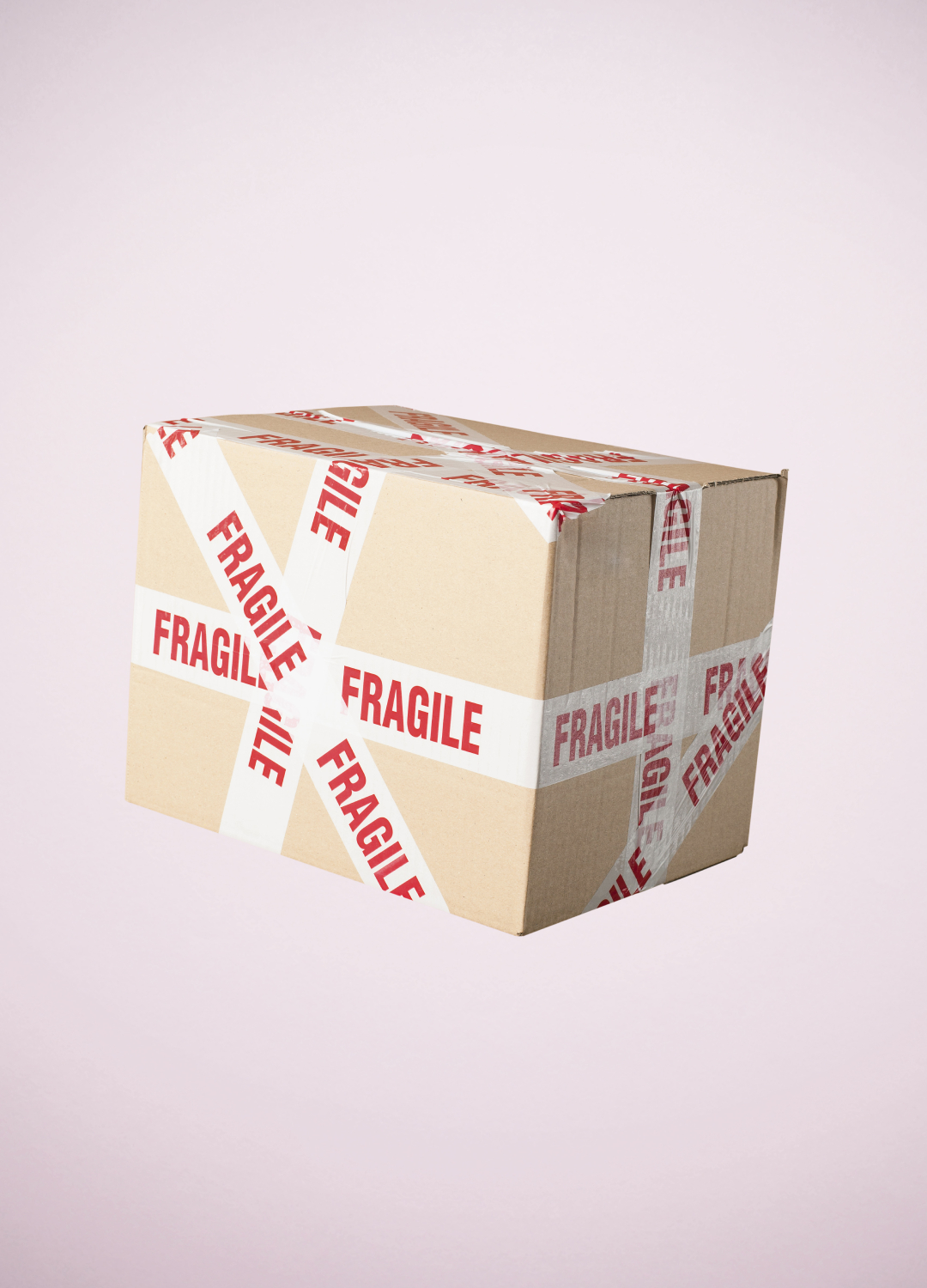
The last thing you want to deal with on moving day is a precious family heirloom breaking. Separate fragile and valuable items and transport these separately. Anything that is fragile that's being stored with the main bulk of items, make sure they're clearly marked for the removal company so they know to take care.
Organise insurance

Like with travel insurance, moving insurance is an essential part of your moving day checklist, but it will bring you peace of mind. "A good quality removals company will be able to offer different levels of insurance cover – take time to discuss this with them to ensure you are fully covered," Terance Puna, general manager of Gentleman & A Van Removals, tells us.
Do your research on the local area

Moving to a new place can be daunting, but you'll feel a lot better if you're familiar with the important places in your local area. "Find out all about your new area – from schools to sports and medical facilities, shops and restaurants," Terance Puna, general manager of Gentleman & A Van Removals, suggests. "This is so you feel at home from day one. Ask friends if they know anyone who lives there who can offer tips, too."
Take meter readings

Make sure your meter readings are up to date for your old house to close accounts and pay outstanding bills. It's then important to take gas, electric and water readings and replay these to your utility providers to ensure your bills are accurate. It's also a good time to switch providers if you're not happy with your current ones.
Declutter and recycle well in advance

Terance Puna, general manager of Gentleman & A Van Removals, advises, "Now’s the time to go through your attic or basement and let go of all that stuff you’ve kept for years. Think about what you want to keep and what you can sell, donate, recycle or dump.
"De-cluttering is less overwhelming if you do it gradually and give yourself enough time to work through your home room by room. If you’d like to donate unwanted furniture, various charities such as the British Heart Foundation or The Salvation Army will collect it from you."
Regardless of your decluttering method, always allow yourself time to do it properly.
Call utility companies

You'll need to let utility suppliers know exactly when you're planning to move into your new home so that they can adjust bills and settle any accounts from your previous home. This can be done in advance to avoid extra admin stress during moving day and any future headaches with bill discrepancies.
Buy good quality packing materials

Terance Puna, general manager of Gentleman & A Van Removals, suggests, "Your boxes should be at least two-ply in thickness to ensure they don’t collapse during transportation. Remember to pack heavy items in small boxes."
Make a packing plan
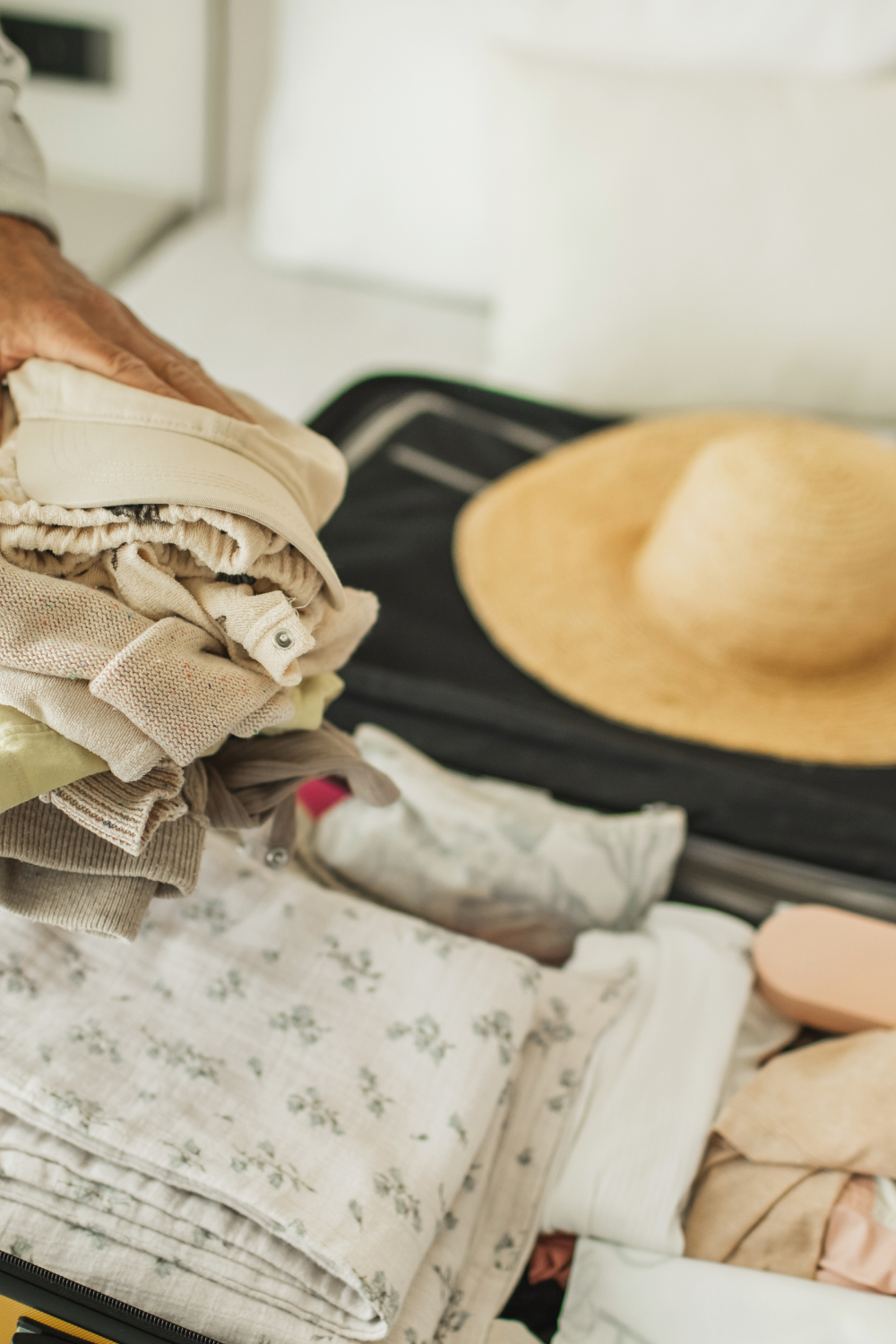
It's a good idea to colour code or label boxes, as Terance Puna, general manager of Gentleman & A Van Removals, explains. "Label the boxes with what’s in them, where they’ve come from and where they’re going to," she suggests.
"Create an inventory and pack room by room so when you get to your new home, it’s easy to unpack room by room, too. The most efficient way to pack for a household move is to start at the top of the house and work downwards."
Send out new address cards (or texts)

Prepare some new address cards for family and friends so that they know where to send birthday cards and invitations too - as in our hectic times misplaced mail often isn't forwarded on! This could be done digitally or with physical cards ordered online, depending on your preference and how much time you have to organise them.
Pack a survival kit

You'll want to keep back some essentials for when you first move in, Terance Puna, general manager of Gentleman & A Van Removals, explains. She suggests, "It’s worth keeping a box of essentials aside – from a kettle, coffee, clothes, toothbrushes and bedding for the first night to cleaning products and the children’s iPads. You could plan a pizza night and make the move day fun for the whole family."
Manage subscriptions - and cancel any if needed
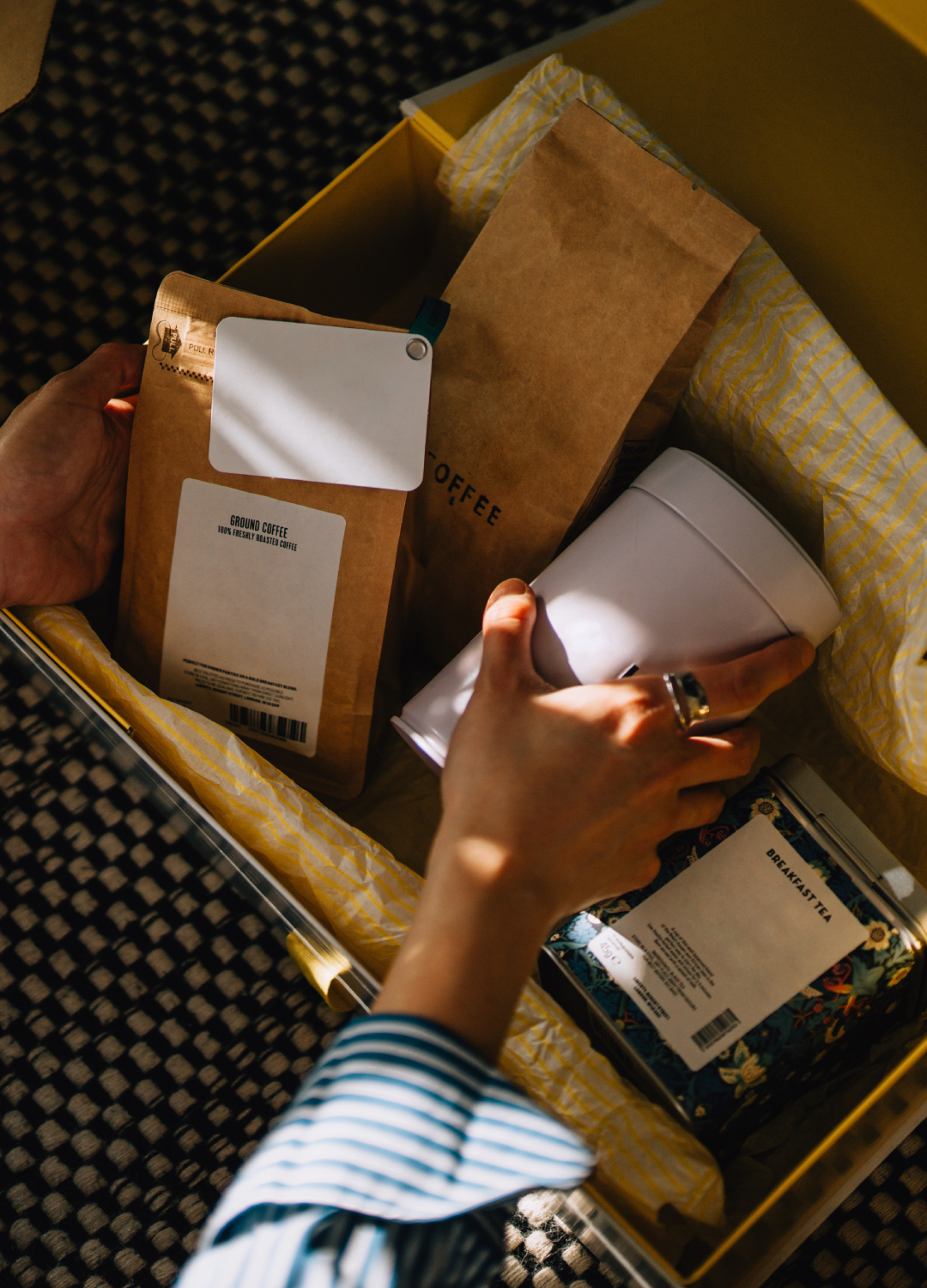
This is a great time to go through old subscriptions and redirect them to your new address if needed - as you'll also have the chance to cancel any you don't use or need anymore, potentially saving some cash. It's easy to update your details online, but one of those admin tasks that can slip through the net with the hectic nature of moving.
Involve your children, if you have them
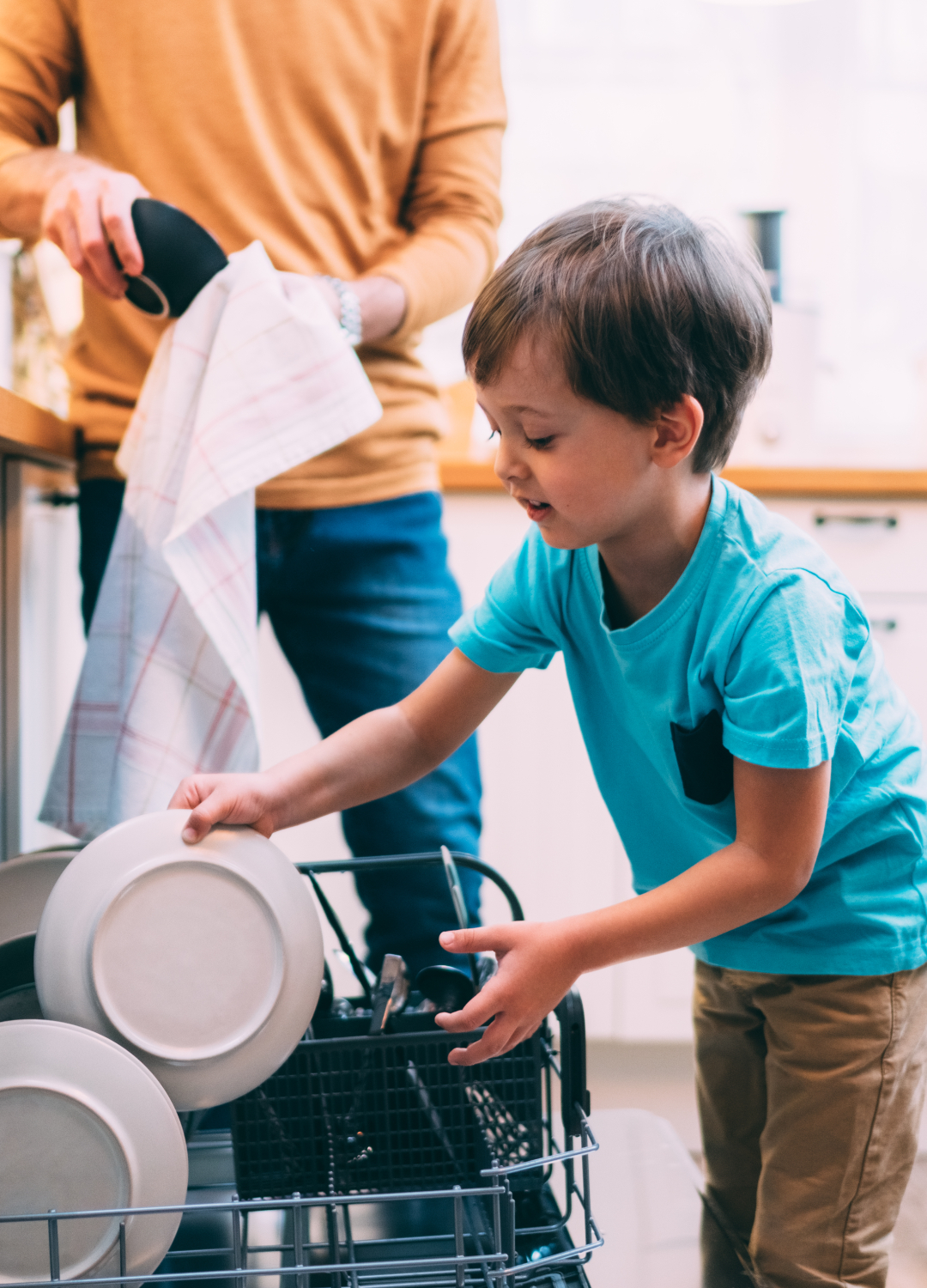
"Depending on their age, make the moving process fun for your children," Terance Puna, general manager of Gentleman & A Van Removals, tells us. "Help little ones pack their special items – from teddy bears to favourite clothes - and make choosing the paint colours and furnishings for their new bedroom an exciting project. Consider buying children their own special wheelie bag, which can contain everything they need for the first night in their new home."
Enrol children at their new school - and order new uniforms

If the children are heading to a new school, you'll need to enrol them beforehand and purchase uniforms. It's also worth doing a trial of the school run and having a chat with them about any questions they might have to ease potential anxieties around the move. You could also get in touch with their school year leader for a quick chat to feel more prepared.
Consider storage
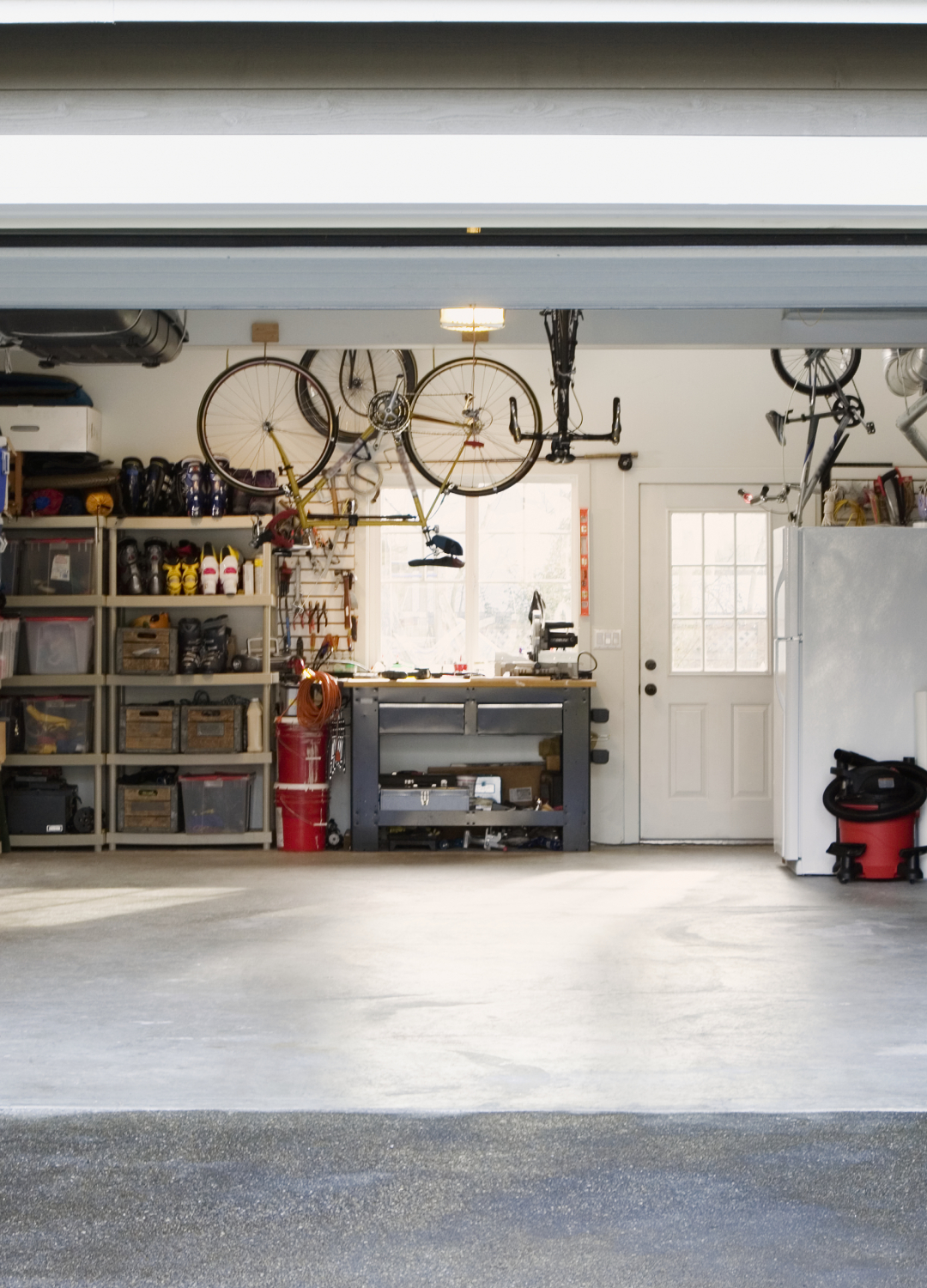
Terance Puna, general manager of Gentleman & A Van Removals, recommends using a storage unit for any extra possessions or fragile pieces. "Consider arranging to store excess possessions until you have space for them or the time to sell them once the move is completed," she explains.
Look at a floor plan

Planning what goes where in your new home will help you move things in quickly and easily. A floor plan can help you get an idea of space and how the rooms will shape up - your seller or estate agent should have one for you to look through before the move.
Establish where your neighbours live and say hi

Look around your new neighbourhood before the move and say hi if there's anyone around - after all, your new neighbours could become good friends in time, and it's always handy to have allies in the local area for borrowing items or help with feeding pets when you're away.
Establish any relocation costs

If you're moving due to a job offer, relocation costs may be included to help with the process. Moving house can be expensive, so it's worth checking in with the organisation to see whether you can take advantage of any help with additional costs, such as hiring a moving van or paying the initial deposit.
Measure your furniture

Often, furniture might not move easily through hallways, doors and spaces within your new home - particularly cumbersome pieces such as wardrobes, bed frames and large sofas. Have a plan in place for these items and trouble shoot before the day comes to dave time - and a lot of stress. It may be that some pieces need to be dismantled and others will fit at an angle.
Make your bed once you're in

After a long day's moving, lifting and organising, you'll likely feel exhausted and ready for a good night's sleep. Making the bed up with sheets, bed linen, cushions, and throws will make you feel more at home - even if it's just a mattress on the floor at this point, and the bed frame will come in later.
Check parking restrictions at your old and new place
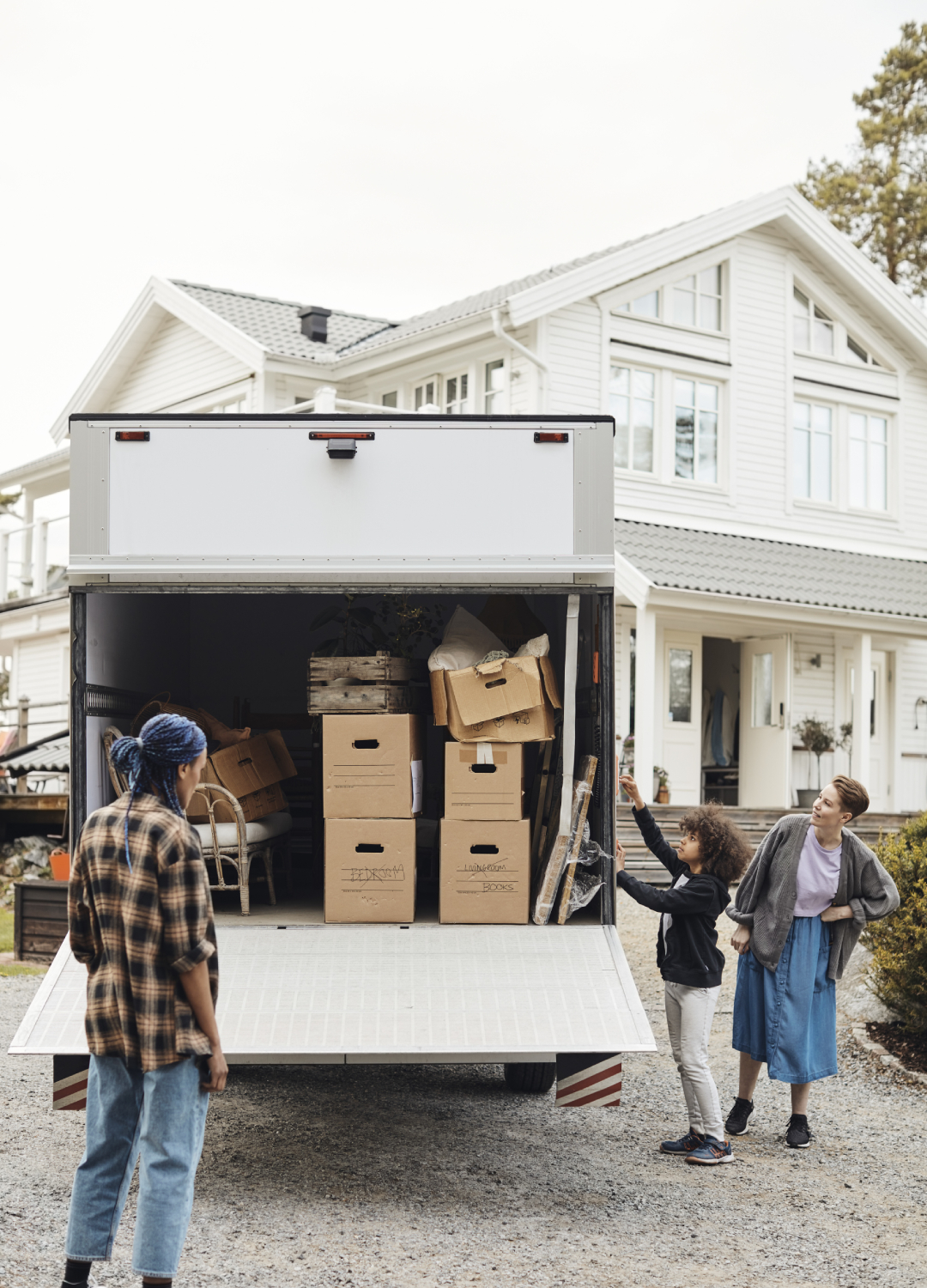
Many roads, particularly those across London and other city centres, will have parking restrictions - and the last thing you want to add to the stress of moving is a parking fine. Check the parking restrictions for large removals vehicles at your current home and at your new home and apply for a permit with the local council if needed.
26. Cancel local memberships - and find new ones

If you're moving far, you won't need the local gym, yoga studio, lido or pool membership. This is a good time to look at your outgoings and how much you actually use the facilities. If you want to continue using a similar facility, looking for local establishments will help you get to know your new area and plan your new daily routines.
Make an inventory

You'll thank yourself later if you inventory everything coming from your old house. Cross-reference your inventory with colour-coding or labels on boxes to make sense of the mass of possessions and know which boxes should be unpacked. If anything goes missing, you've also got a clear record that it was packed in the first place.
Designate a clear place for important documents

It's good to have in mind a place in the new home where you'll keep all your documents together to avoid anything getting lost in a sea of boxes. Keep a folder of certificates, contracts, your inventory and other important paperwork in the same place - this could be the kitchen side or even in the bath, in absence of any furniture initially.
Organise a cleaner

While the previous tenants or owners should leave the house in a satisfactory condition, it might be worth booking a cleaner to get your new house cleaned before you fully move all your furniture in. You could always designate some time to do this yourself as well, to keep costs down.
Once in, do a quick sweep for left belongings
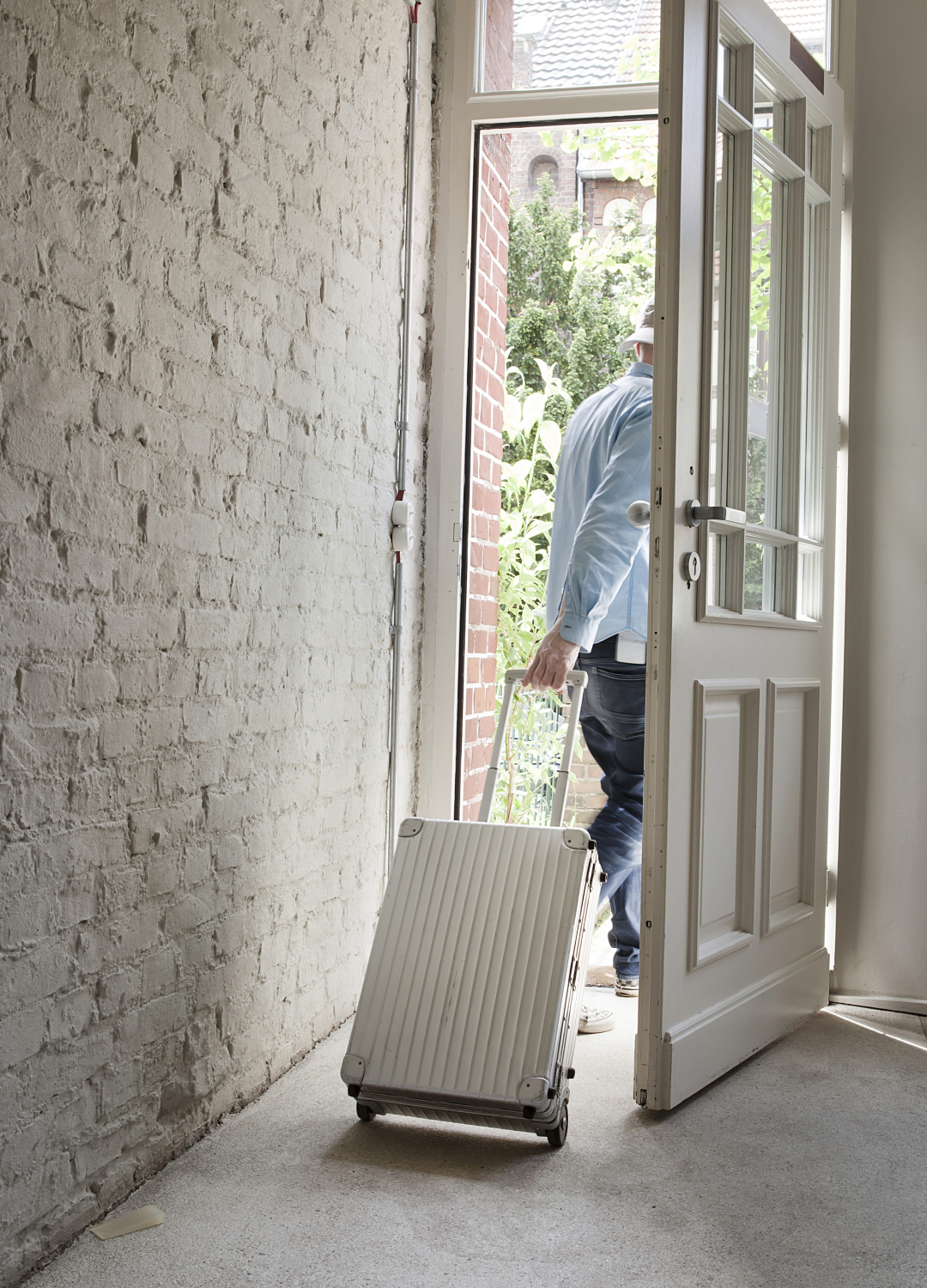
Inevitably there may be some things left behind by the previous owners, so it's worth doing a quick check of each room before you start on your many boxes and a mammoth unpacking session. Anything left can then be saved for the previous tenants or owners, or given away to charity (or binned) if they don't want them.
Prepare supplies for a moving in celebration

If friends and family have helped you move in, or even if it's just you and your partner who have worked hard all day, you'll want to mark the occasion. Our choice would always be an easy-to-eat pizza and fizz (whether that's champagne, Prosecco or lemonade) to create a party atmosphere. Remember to keep some plates safe so you have something to eat off - or use pizza boxes.
Relax!

Yes, moving can be stressful - but it can also be a lot of fun. By making note of the things you should always do before moving house and having a clear checklist, moving day needn't be such a chore.
Take your time if you can and ensure there aren't other big commitments that week - if possible - so you can fully focus on the task at hand and go in with a relaxed attitude. Good luck with your move!







